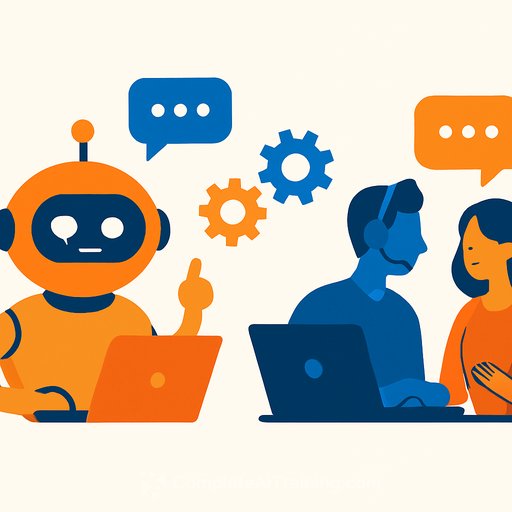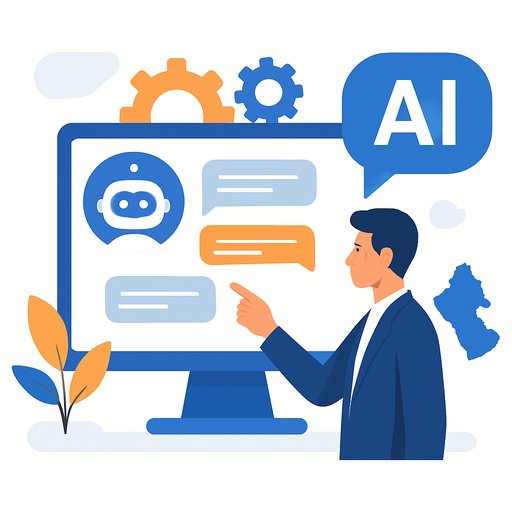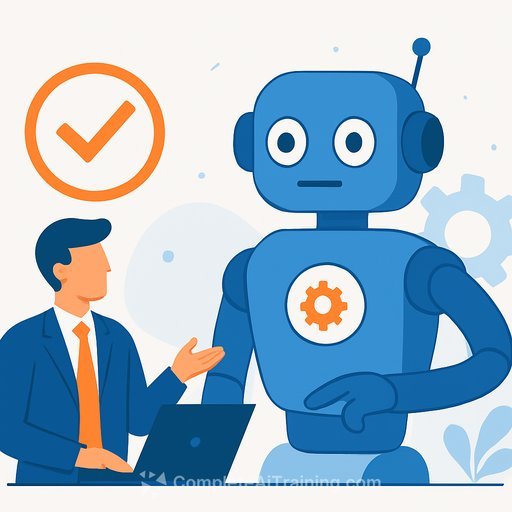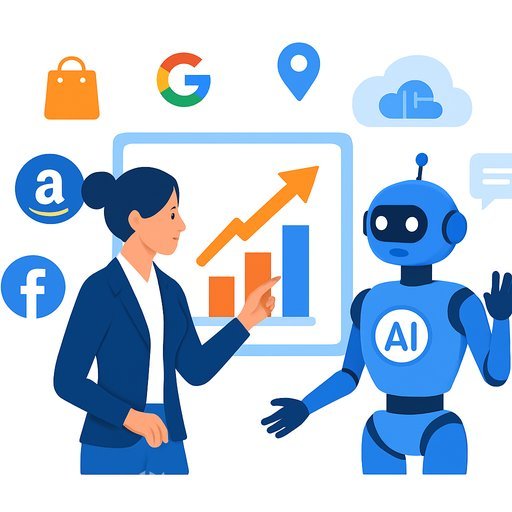Chatbots vs. Agentic AI: Building Smarter Contact Centers Without Losing Empathy
Businesses are increasingly turning to AI chatbot development services to enhance customer service. Both chatbots and agentic AI improve efficiency in customer interactions while striving to keep the human element of empathy intact. But how can companies deploy these tools effectively without sacrificing customer experience? And what sets agentic AI apart from traditional chatbots? This article breaks down the essentials.
The Rise of AI Chatbots in Customer Service
AI chatbots have become central to conversational AI systems that automate customer interactions. Using natural language processing (NLP), these bots understand user queries and deliver quick, relevant answers. Their role spans from answering FAQs to scheduling appointments and tracking orders. With integrations to CRM and ERP systems, chatbots help create seamless customer journeys across channels.
Companies investing in AI chatbot development gain valuable insights into customer behavior, enabling more personalized service. This helps reduce wait times while freeing human agents to focus on more complex, specialized tasks.
Limitations of Traditional Chatbots
Despite their widespread use, traditional chatbots have notable drawbacks. Most operate reactively, relying on scripted responses and predefined rules. They struggle with understanding context deeply or managing multi-step, complex interactions. For example, a chatbot might explain a payment process but can’t handle a refund or complex issue requiring judgment.
When conversations become emotionally charged or unusual, these chatbots often escalate the case to human agents, as they lack the empathy to respond appropriately. This gap affects customer trust and satisfaction.
What is Agentic AI and How Does It Differ?
Agentic AI goes beyond reactive chatbots by acting proactively and autonomously. It identifies customer issues, plans sequences of actions, and completes complex workflows with minimal human input. Unlike typical chatbots that only respond, agentic AI can initiate contact, recognize signs of frustration, investigate problems across systems, issue refunds, and follow up as needed.
This approach improves the overall support experience by determining the right moments for human intervention while preserving empathetic communication where it matters most.
Advantages of Agentic AI in Contact Centers
- End-to-end task handling: Manages the entire support process, reducing handoffs and speeding up resolutions.
- Proactive support: Anticipates customer needs and reaches out before issues escalate, lowering inbound tickets and improving satisfaction.
- Cross-system reasoning: Accesses multiple data sources like billing, CRM, and order tracking to deliver comprehensive solutions.
- Dynamic problem solving: Adjusts its approach based on evolving cases, effectively handling complex and multi-issue inquiries.
- Improved human-AI collaboration: Frees support staff from routine tasks and facilitates real-time feedback and teamwork.
How Does ChatGPT Compare to Other AI Chatbots?
ChatGPT, based on large language models, stands out for its accuracy, flexibility, and better context understanding compared to many traditional chatbots. It generates human-like responses and can handle multimodal inputs like text and images. While ChatGPT is highly extensible, enterprises still need to fine-tune and integrate it carefully to meet specific business needs and compliance requirements.
Building Empathetic Contact Centers with AI
Automation and efficiency are essential, but empathy remains a cornerstone of quality customer service. AI cannot fully replicate human emotional intelligence. Modern contact centers use a blended approach: AI handles routine, data-driven tasks, while human agents manage complex, empathy-rich interactions.
Advances in NLP help AI detect customer emotions and adjust responses accordingly. This balance ensures fast, effective assistance delivered with a tone that fosters trust and attentiveness.
Why Invest in Enterprise AI Chatbot Development?
Developing AI chatbots aligns with key business goals:
- Scalability: AI chatbots handle large volumes of queries without needing proportional increases in staff.
- Consistency: They provide 24/7 reliable support, reducing human errors and improving first-contact resolution rates.
- Cost efficiency: Automation lowers operational costs while boosting agent productivity.
- Customer insights: AI analyzes interactions to deliver real-time data for continuous service improvement.
- Brand differentiation: Personalized, empathetic AI interactions create unique customer experiences that build loyalty.
Conclusion
Future contact centers will blend automation with a human touch. Traditional chatbots continue to handle routine tasks, but agentic AI introduces autonomy, adaptability, and proactive support. Companies adopting these technologies gain a competitive edge by enhancing customer service without sacrificing empathy—a key driver of loyalty and satisfaction.
For customer support professionals interested in deepening their AI skills, exploring specialized training can be valuable. Resources like the Complete AI Training courses offer practical insights on chatbot development and AI tools tailored for the support industry.
Your membership also unlocks:





